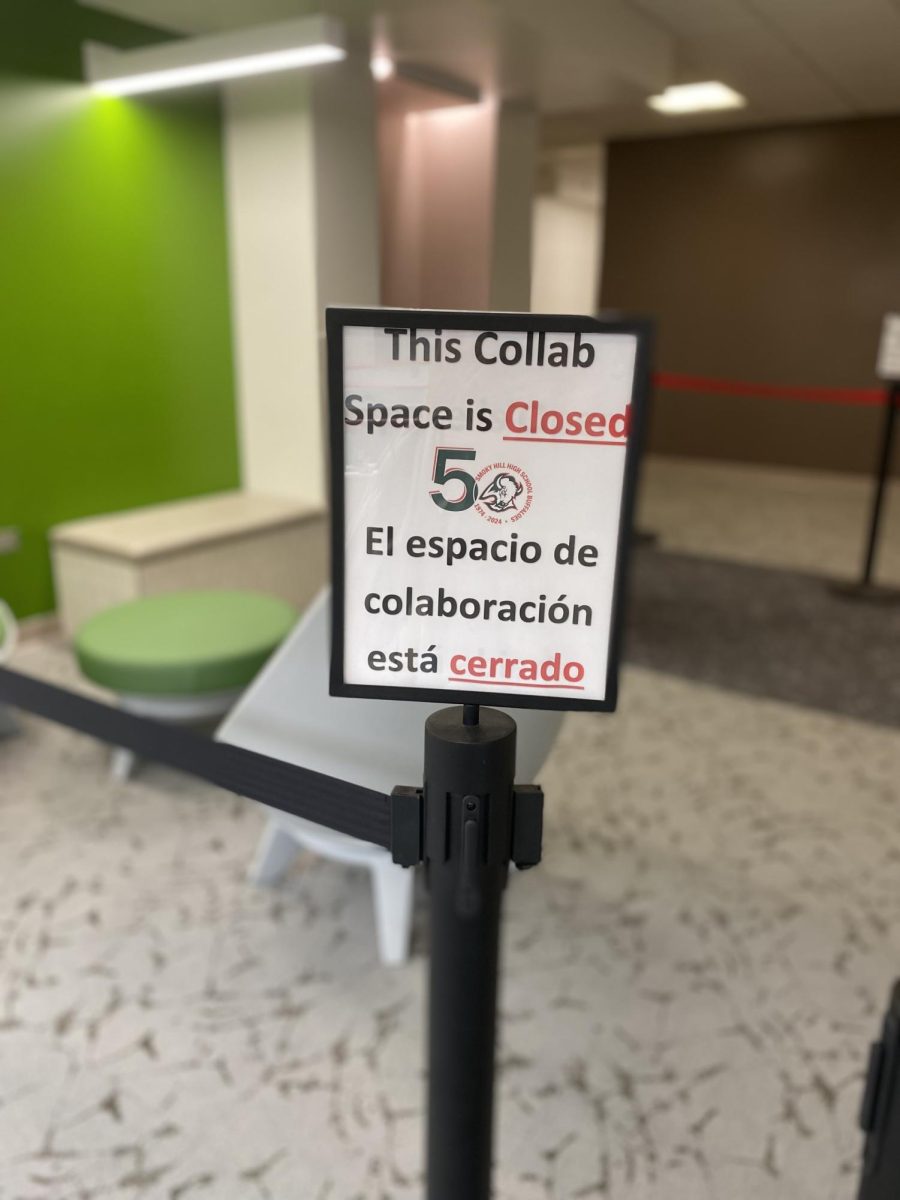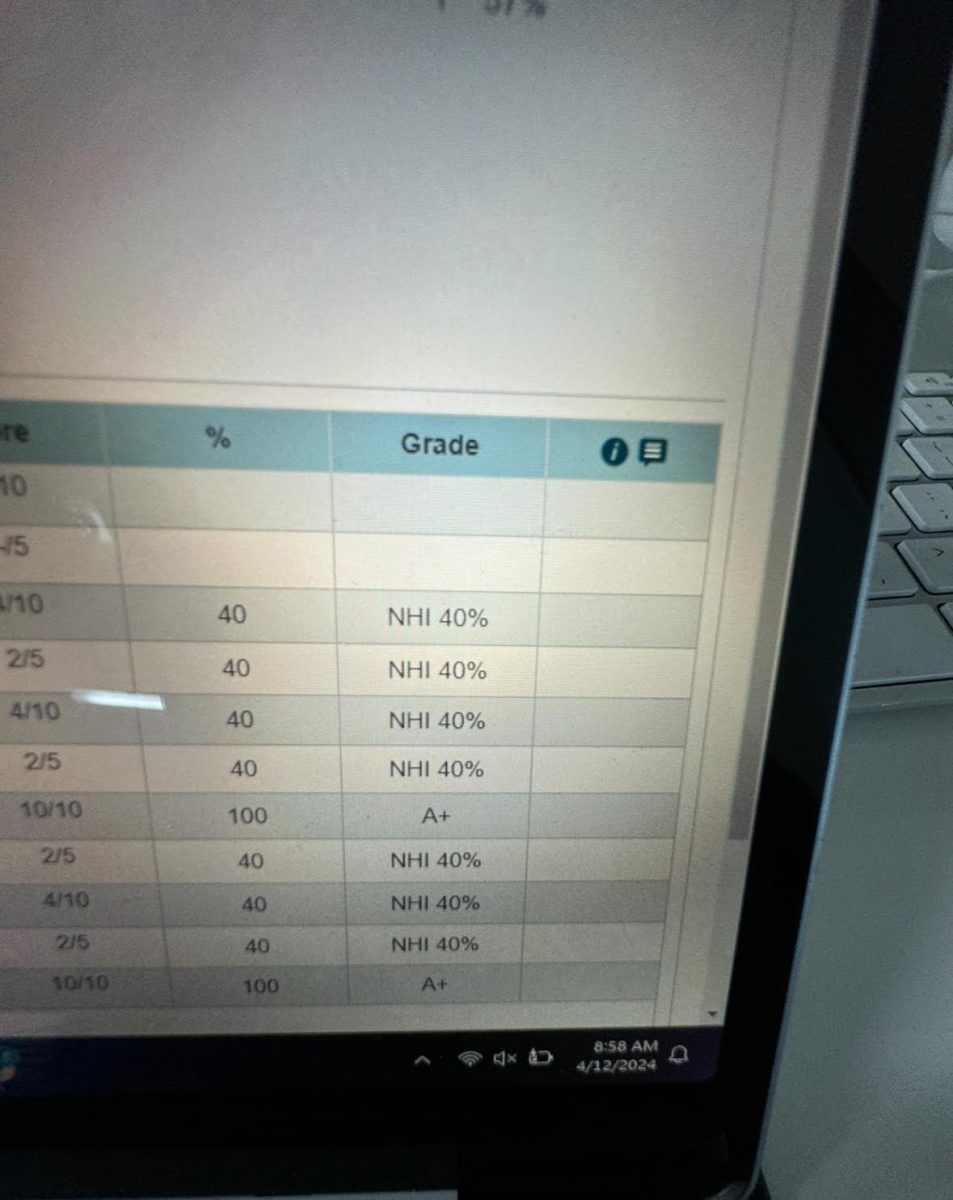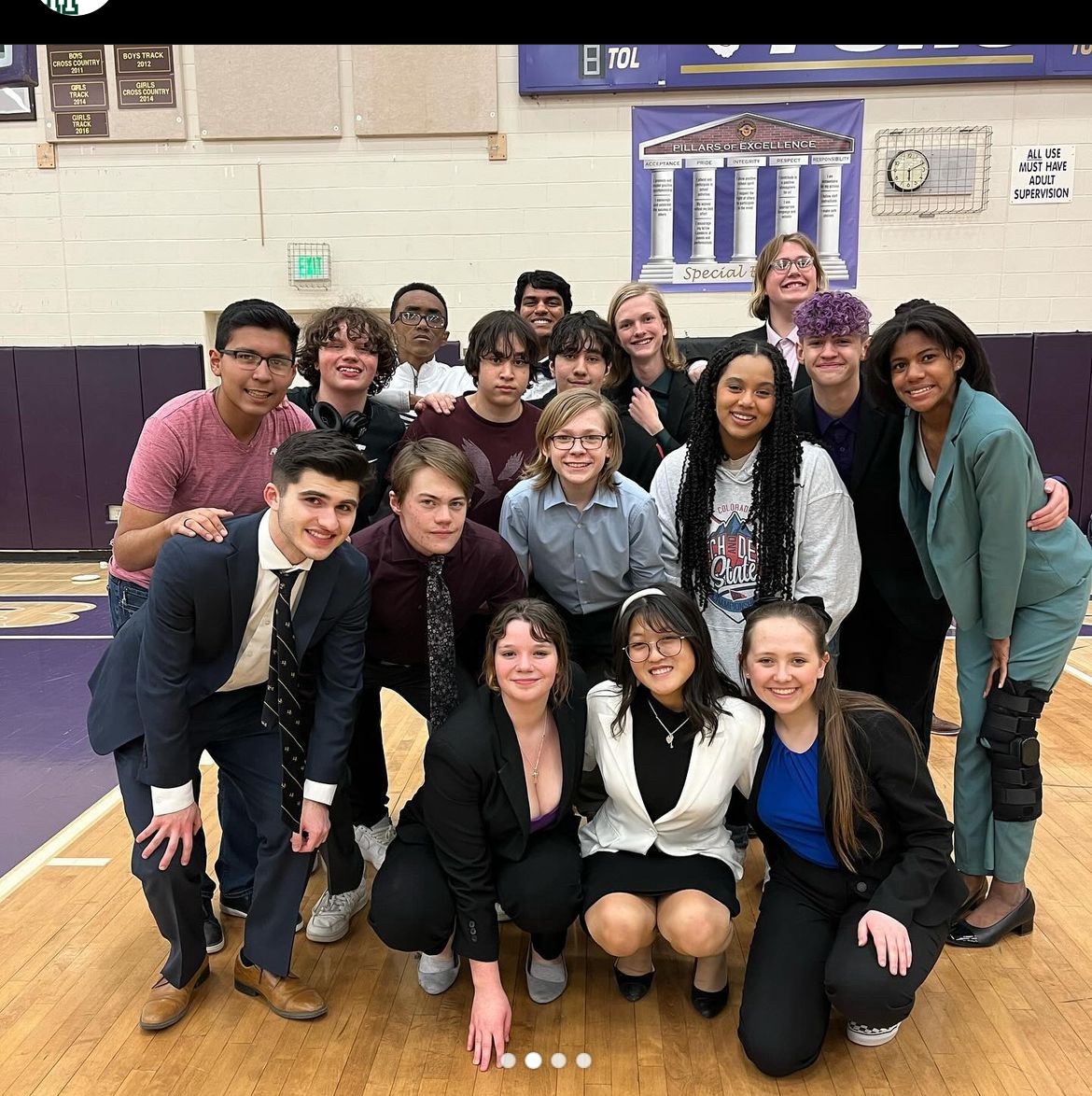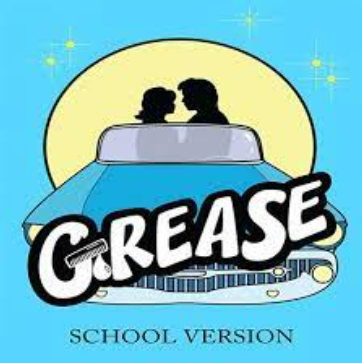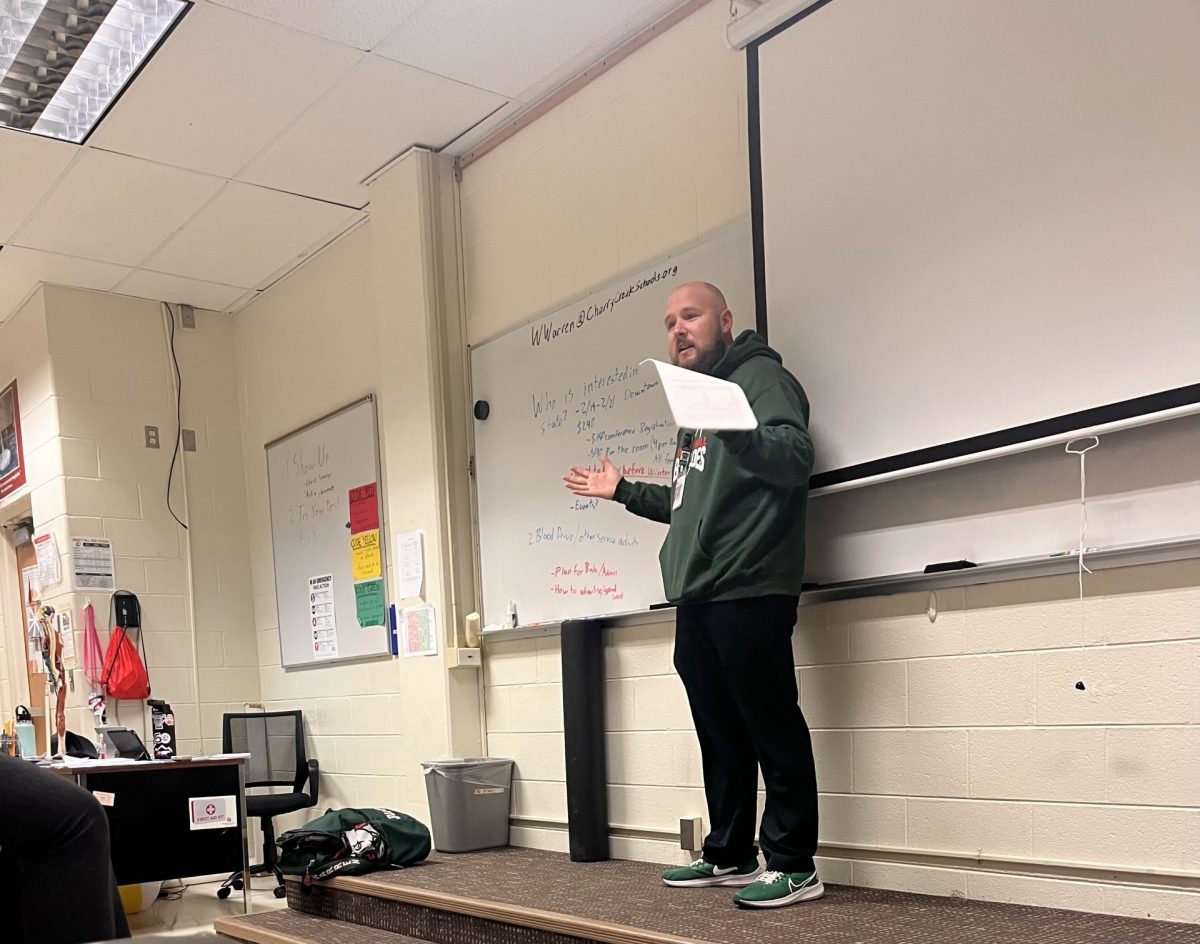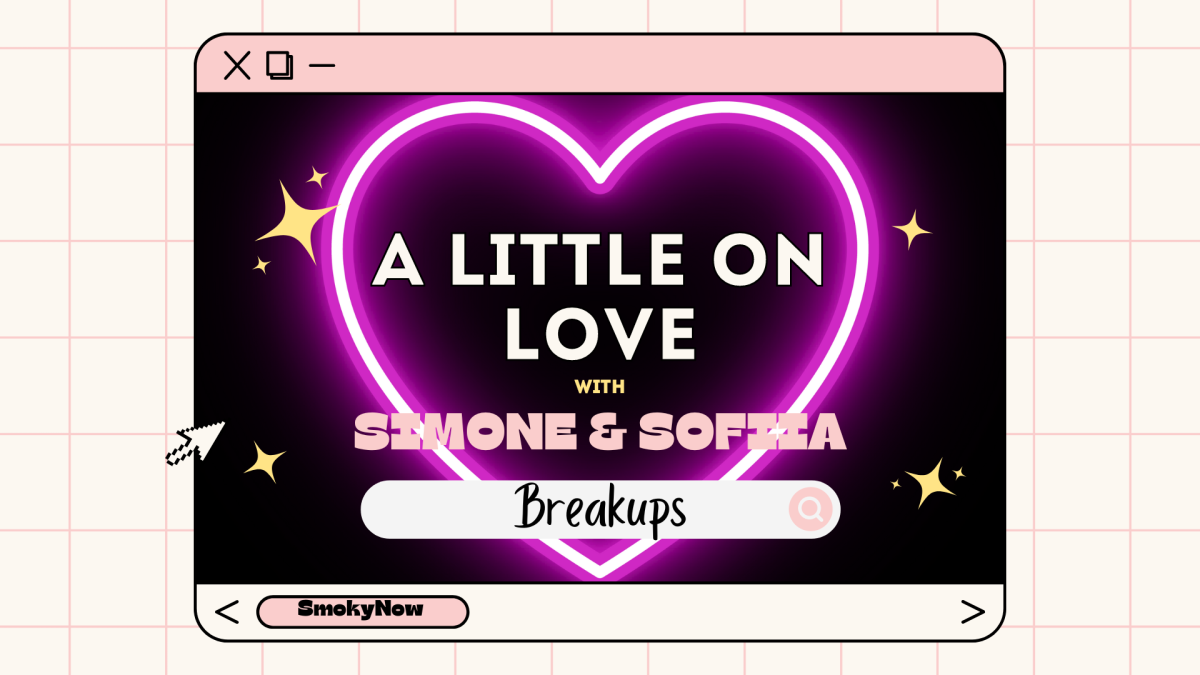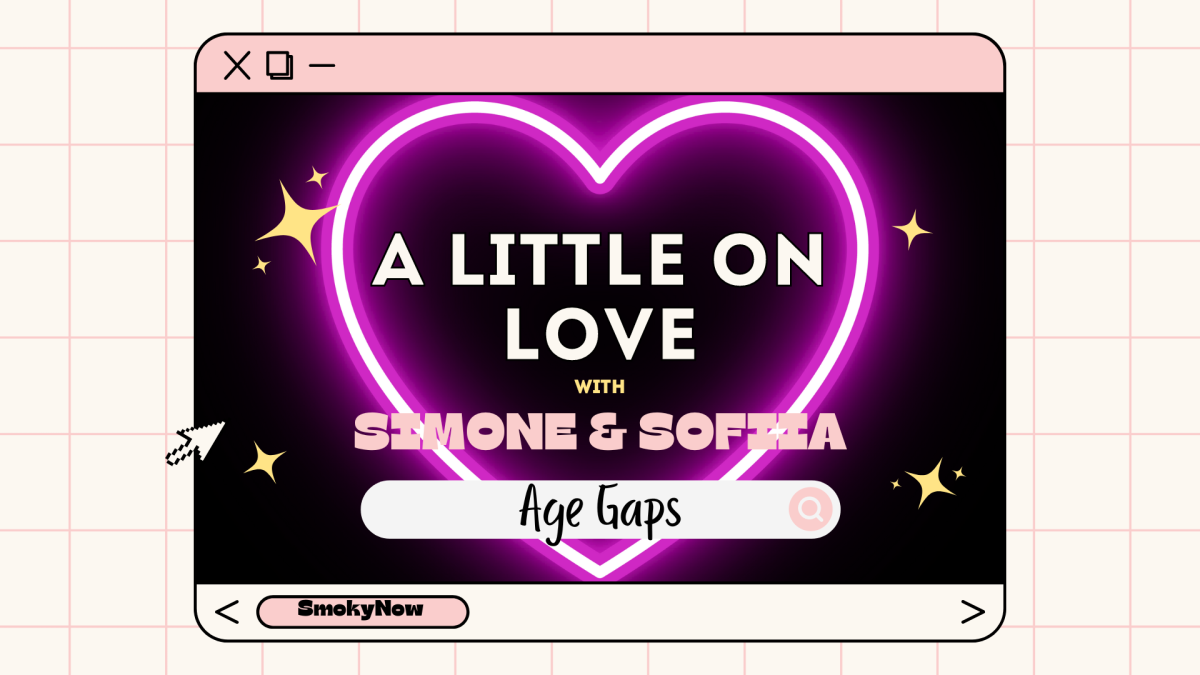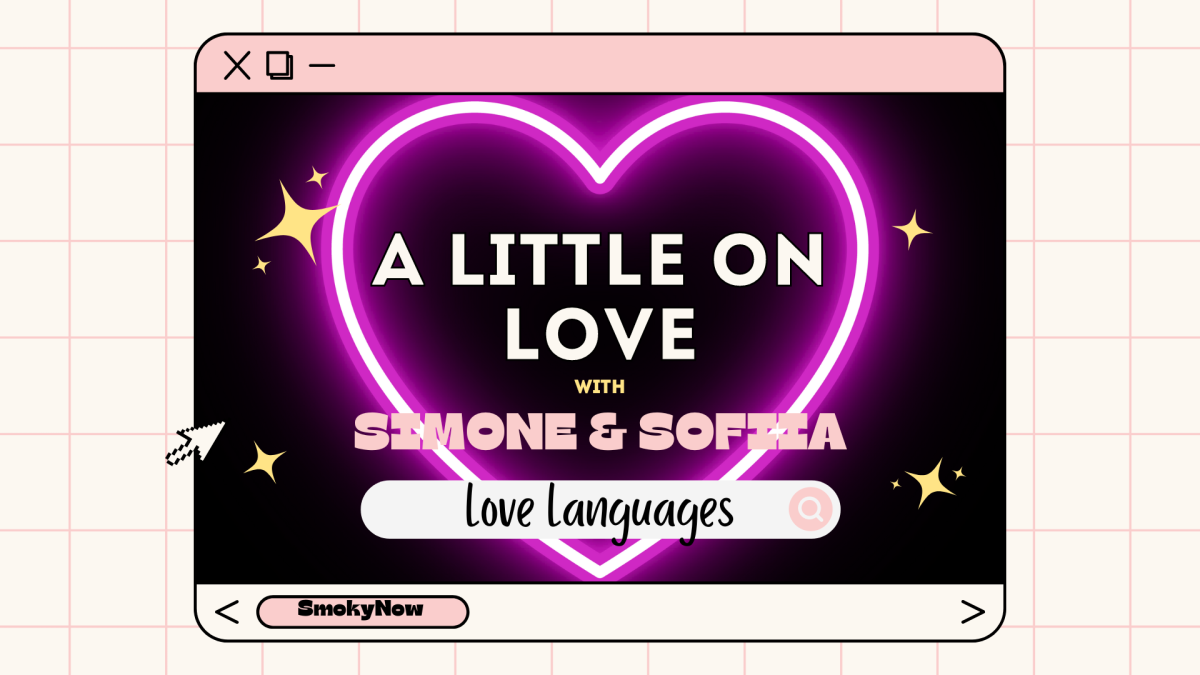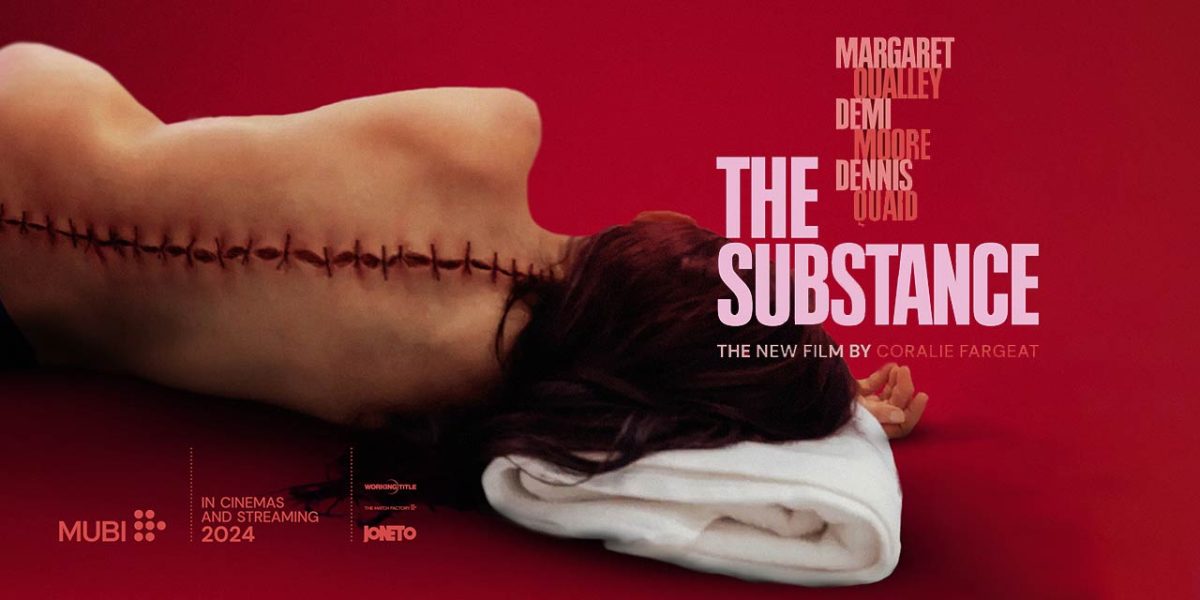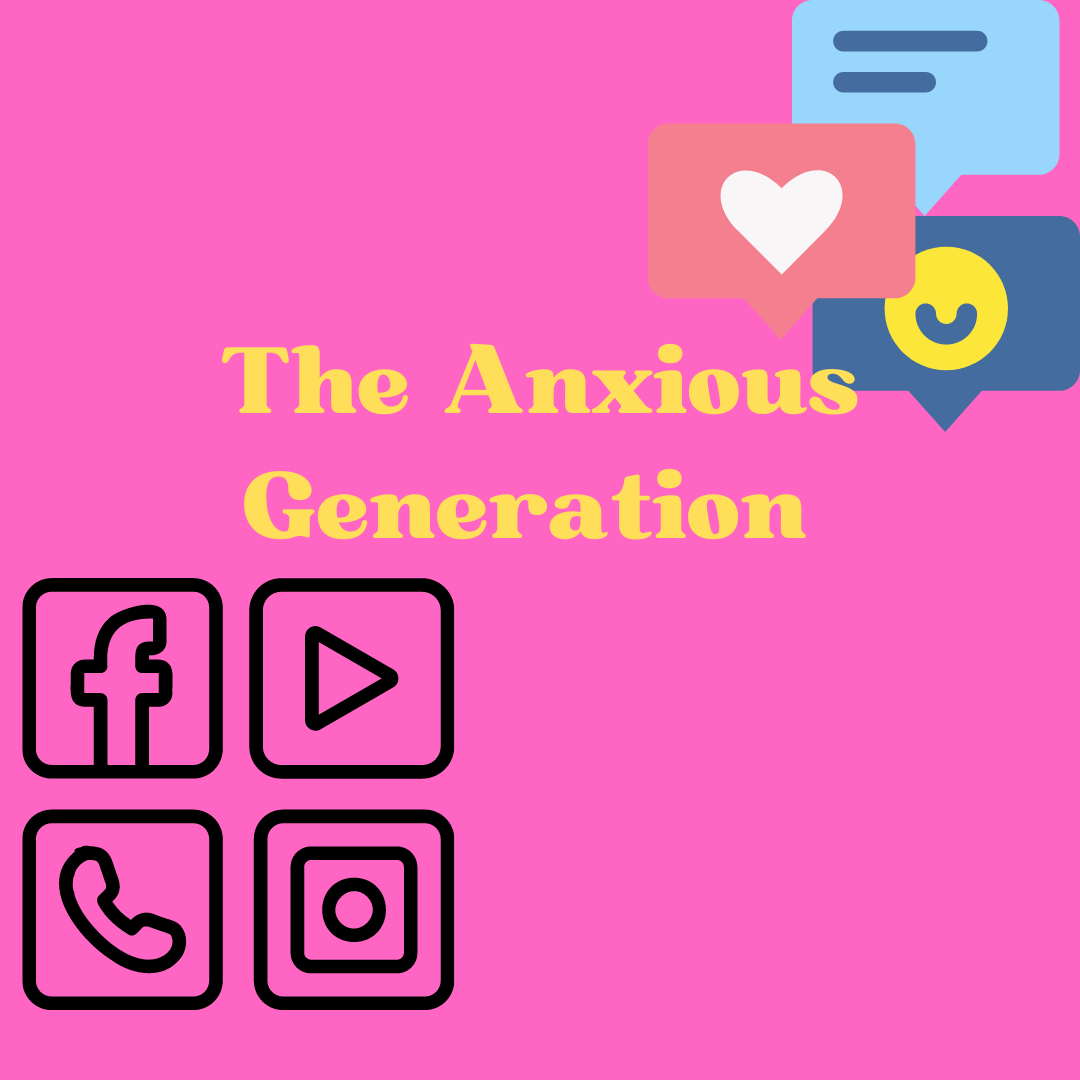Article 17
Copyright laws in the European Union effect people globally

April 8, 2019
Article 13, you may have heard of this in the past few weeks. Article 13, now known as Article 17, is a copyright law in the EU (European Union). This matters to US citizens because websites such as YouTube, Instagram, Google News, and other major online platforms have to censor copyrighted content. Around 300 hours of video are uploaded to YouTube every minute, and almost 5 billion videos are watched on YouTube every single day. With this massive amount of uploads, people couldn’t screen all of this information to make sure it doesn’t violate copyright infringement so YouTube will have bots screen these videos. Furthermore, with these bots you’d have false copyright claims and false copyright, why should we trust robots with what we can or cannot upload?
Article 17 also requires news websites such as Google News to pay publishers who publish on their website, sadly Google News can afford to pay these publishers, limiting the amount of online news people can read. YouTube already has a system called Content ID, whereby it uses an algorithm to detect and remove copyright violations. Some users on the platform have argued that this system is currently open to abuse, and fear more stringent filtering measures could make things worse.
Over 50% of people in America ages 18-29 get their news online and 1 in 4 Americans get their news online according to Pew Research Center on journalism. With the fact that many get news from online sites information could be censored from people in the European Union. Liam Blasdel, who’s mother is English and frequently travels to the UK and other EU member states said, “It’s not a very smart decision, especially because the creative output of the EU will get cut in half because of all of these copyright claims and copyright laws, most of the people making these laws have no idea what their talking about,” said Blasdel.
Tech giants like Google and Twitter, meanwhile, are concerned the reforms will do more damage to the web than good. Google argues the new law will hurt Europe’s creative and digital economies, while Twitter says it’s concerned about the potential impact on the open, creative and conversational nature of the internet. With the new rules, liability now lies with tech giants to ensure their platforms aren’t open to copyright breaches. Detractors have said this would lead to controversial pre-filter systems, where everything from memes to GIFs are blocked from online platforms.







